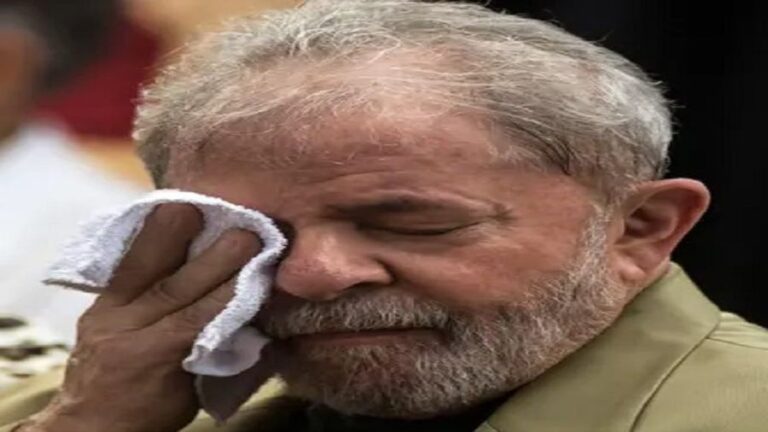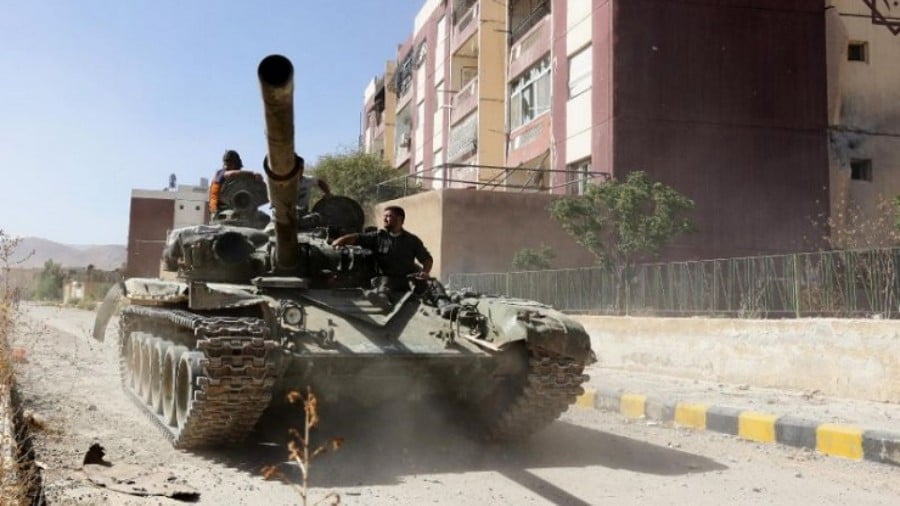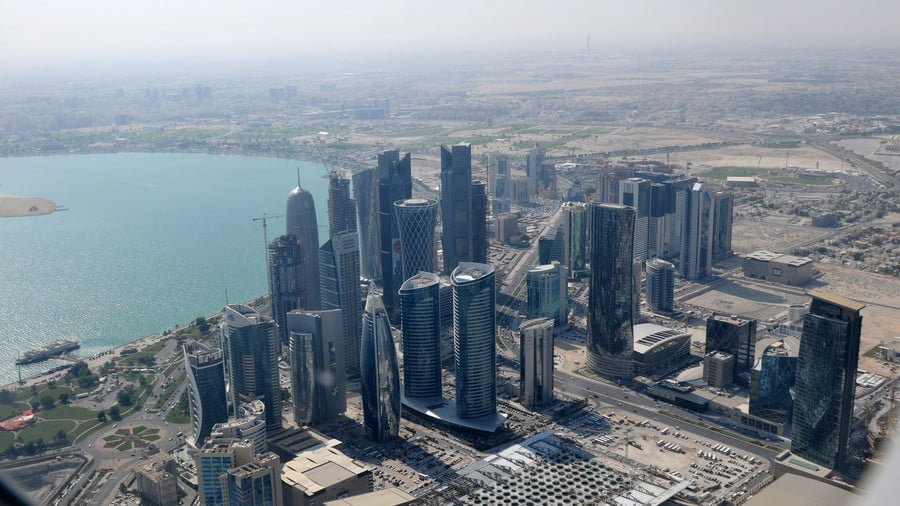Turkey: The Fight over the Presidential Election Grows
Due to the fact that May 14 falls on the 77th anniversary of the elections in 1950, President Recep Tayyip Erdoğan endorsed the decision made by the Turkish parliament to hold national elections on that date this year. The Republican People’s Party of Turkey, which was founded in 1923 by Mustafa Kemal Atatürk, lost its monopoly on power in the 1950 elections.
There were several negotiations between the various coalitions formed among the political parties on the eve of the approval of the final date for the March parliamentary and presidential elections. It was initiated by the ruling Justice and Development Party (AKP), which collaborated with two other parties. One of them is the New Welfare Party, which was a continuation of the Welfare Party created by conservative leader Necmettin Erbakan. His son Fatih Erbakan founded a party, which he called the New Welfare Party (YRP) to emphasize that it was a continuation of the party created by his late father, still revered in Turkey.
As one of the AKP’s strict demands, the YRP was forbidden from running in the 23 constituencies because it had previously lost and had no support there, giving the impression that Fatih was already preparing for his defeat in these elections. Therefore, it is expected that when the YRP does not participate in these districts, the Conservative vote will go to the AKP. The dispute’s final resolution is unknown, but local observers assume there must have been a serious concession exchange that took place behind closed doors. The dissatisfied expressions on the negotiators’ faces on the part of YRP at the signing ceremony may imply that not everyone was pleased with the agreement.
Another point of conflict involved Fatih’s attempt to amend the legislative Act to Protect Family and Prevent Violence against Women. Yet regardless of the outcome of the talks between the two parties, the discovery of their differing views on this matter has sparked a wider discussion in Turkish society. The talks were attended by the AKP vice-president in charge of family matters, as well as the Minister of Family Affairs, who had to unwillingly side with women due to societal pressures.
Another significant agreement was reached between the AKP and its former member Mehmet Şimşek, who also successfully served as minister of finance. He left the AKP a few years ago to return to his prior profession in international finance, but he retains authority not only among local bankers but also among overseas financiers. Erdoğan hopes to work with him to build strong ties with global financiers and secure a number of advantageous loans.
The AKP held its third major negotiation with the Free Cause Party (HÜDA PAR), which is known for killing its opponents. It is mainly based in southeastern Anatolia, although it is also present in other regions of Turkey. At the 2018 general election, it only received 0.3% of the vote and has no seats in parliament. In this regard, it’s unclear whether the AKP’s arrangement with this party will increase support for it or, instead, turn away potential supporters. Local experts predict that Erdoğan’s 2018 presidential election backer HÜDA PAR will do so once more in 2023. This is true despite the fact that a few years ago Erdoğan did not spare this party and comprehensively swept out its ranks.
Another round of negotiations was held, this time between the main opposition Republican People’s Party (CHP) and the pro-Kurdish Peoples’ Democratic Party (HDP), whose political strength in the country is estimated at about 12%. Even if there was broad convergence of views for the negotiations’ conclusion, it cannot be expected that their efforts will be sufficient to win the future elections.
Many presidential candidates have already applied for the position. For the Supreme Election Council to approve each of them, they must each collect 100,000 signatures. It goes without saying that Erdoğan and Kemal Kılıçdaroğlu, Chairman of the Republican People’s Party (CHP), will compete. The other candidates must register with the hope of negotiating concessions with one of the two front-runners during the second voting round.
Muharrem İnce has taken an active role in the approaching elections. He chose to run under the banner of his Homeland party, which split from the CHP. In the most recent presidential election, he ran as the CHP candidate and gained almost 30% of the vote. Opposition parties urged him not to run as an independent candidate this time because his votes would be “deducted” from the opposition parties. The ruling AKP is doing everything it can to promote İnce in order to “take” as many votes from the opposition parties as possible. But he maintains his dubious position.
If Erdoğan wins again, it will be difficult for him to keep the exaggerated promises he is giving out left and right. But for now, his first goal is to win the election. He reasons like Napoleon: first we have to go into battle, and then we’ll see. If successful in the May 14 election, he plans to reshuffle positions in the cabinet with fresh faces, claiming that present ministers will run for parliament to help the ruling party’s parliamentary group in a new era. Erdoğan called serving the Turkish nation “racing under the flag” in his final presentation to his Justice and Development Party’s parliamentary group before the election, emphasizing that all members of the ruling party would continue to serve the people in different ranks and places. “Here are our ministers. They will continue serving the people in the Parliament after May 14. We will appoint new figures as ministers,” Erdoğan said. “We are making effort to build the Century of Türkiye with the confidence we will receive from our people in the elections. We will altogether write history of tomorrow’s happy days.” To show the AKP’s dedication to the process of “reconstructing the cities and reviving life,” the present ministers, who are rumored to be running for parliament, are primarily from the 11 earthquake-affected regions.
The government propaganda is currently extolling the accomplishments made while Erdoğan is in power. The Daily News reports that since the AKP came to power in 2002, Turkey has made consistent advancements in terms of democracy and economic development and is now establishing new objectives for the future. With a per capita income of $10,650 and projected growth, Turkey now ranks among the top ten economies in the world. According to the publication, the approaching elections would be a true test of Erdoğan and his AKP’s initiatives.
Erdoğan used administrative resources to entice supporters to his side and his party, announcing a drastic lowering of utilities prices beginning April 1. Electricity rates will be reduced by 15% for everyone, and natural gas prices will be reduced by 20% for industrial firms. Furthermore, the government has promised to continue assisting the private sector in its efforts to produce and export goods and services overseas. Thanks to local government and private sector efforts, the TOGG, Turkey’s first domestic car, was able to be produced, and already more than 177,000 people have applied to buy the car.
Yet Erdoğan is facing fresh challenges. Representatives from three Turkish opposition parties, the Good Party, the Democracy and Progress Party, and the Homeland Party, have petitioned the Supreme Election Council to remove President Recep Tayyip Erdoğan from the list of candidates for the upcoming presidential elections, according to Haberturk TV. It was stated that Erdoğan has no right to run for president again because doing so would be a violation of the Constitution. The Turkish president is currently serving his second term. The country’s authorities argue that Erdoğan’s presidential term was invalidated following the 2017 constitutional vote. Erdoğan himself stated that the opposition was frightened of losing the next elections, therefore it began to focus on this issue. Justice Minister Bekir Bozdağ asserted that Erdoğan faces no legal obstacles in his bid for the upcoming presidential elections. He bases this on the fact that this is Erdoğan’s first term in office since Turkey transited to a presidential system in 2018.
On March 21, it was announced that Erdoğan has received official nomination to run for president in the upcoming election. As a single candidate, he represents the Republican Alliance, which is comprised of the ruling Justice and Development Party and the Nationalist Movement Party (MHP). Although there haven’t been any clear front-runners in the pre-election surveys for this election, experts believe that the ruling party may find it difficult to win because of the disastrous earthquakes that killed almost 50,000 people in Turkey.
On March 5, Hürriyet newspaper stressed that the majority of voters may vote for Erdoğan during Turkish presidential election. A number of experts, including the ruling Justice and Development Party, suggest such a development. Polls show that after the country’s earthquakes, Erdoğan’s popularity has increased, giving him a boost in the presidential race.







